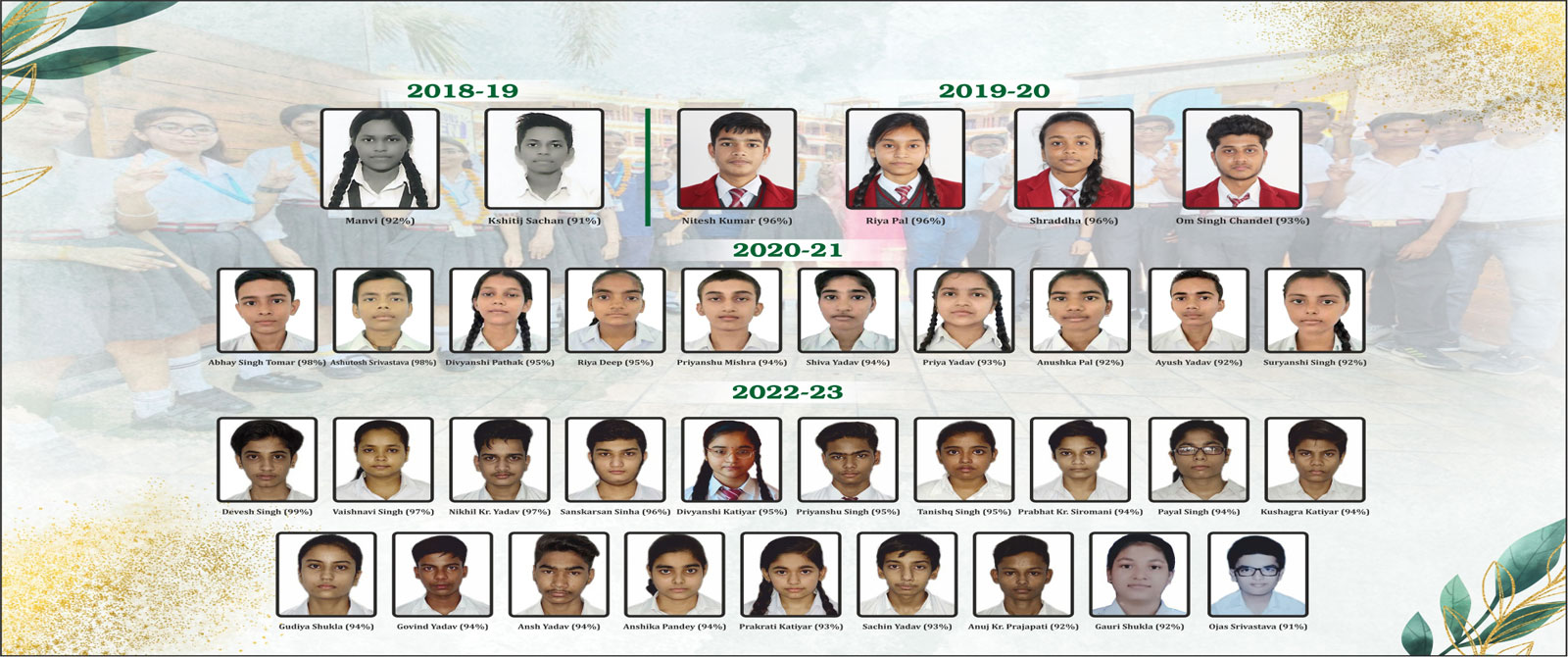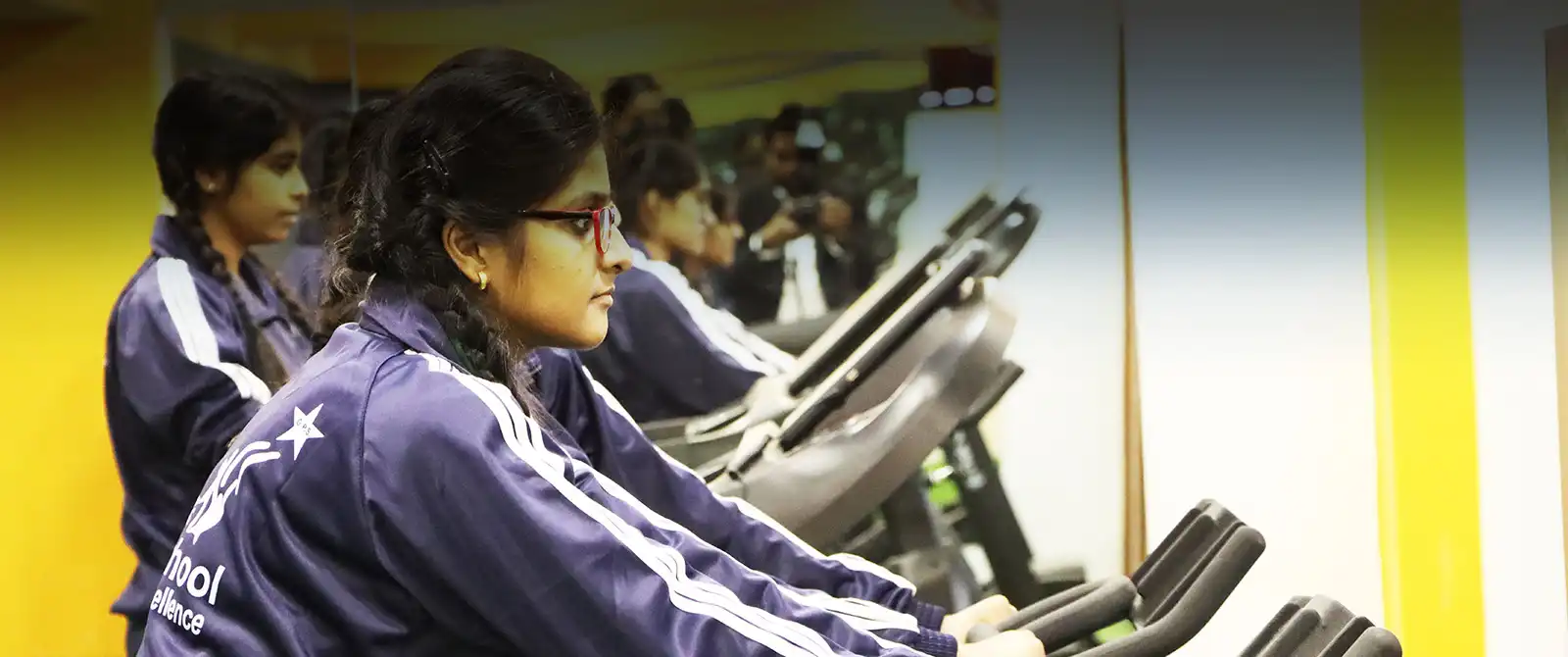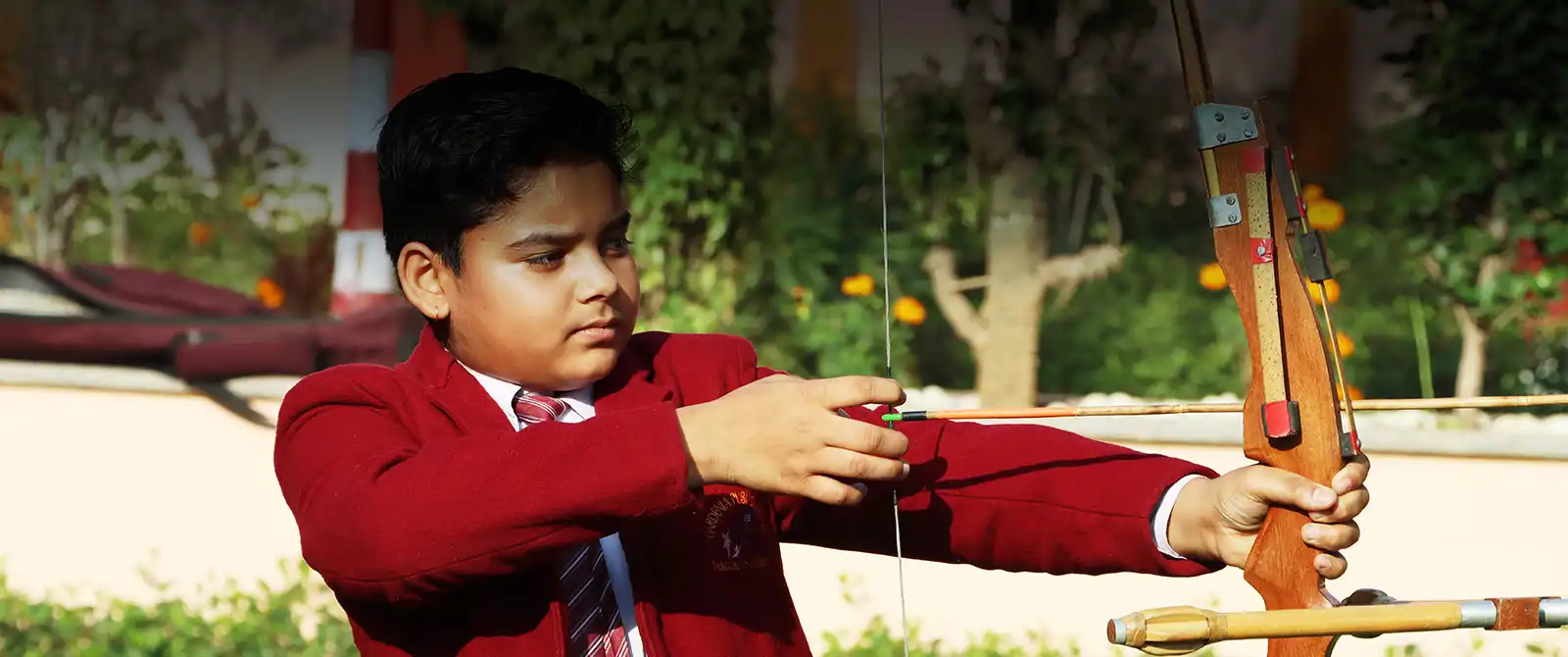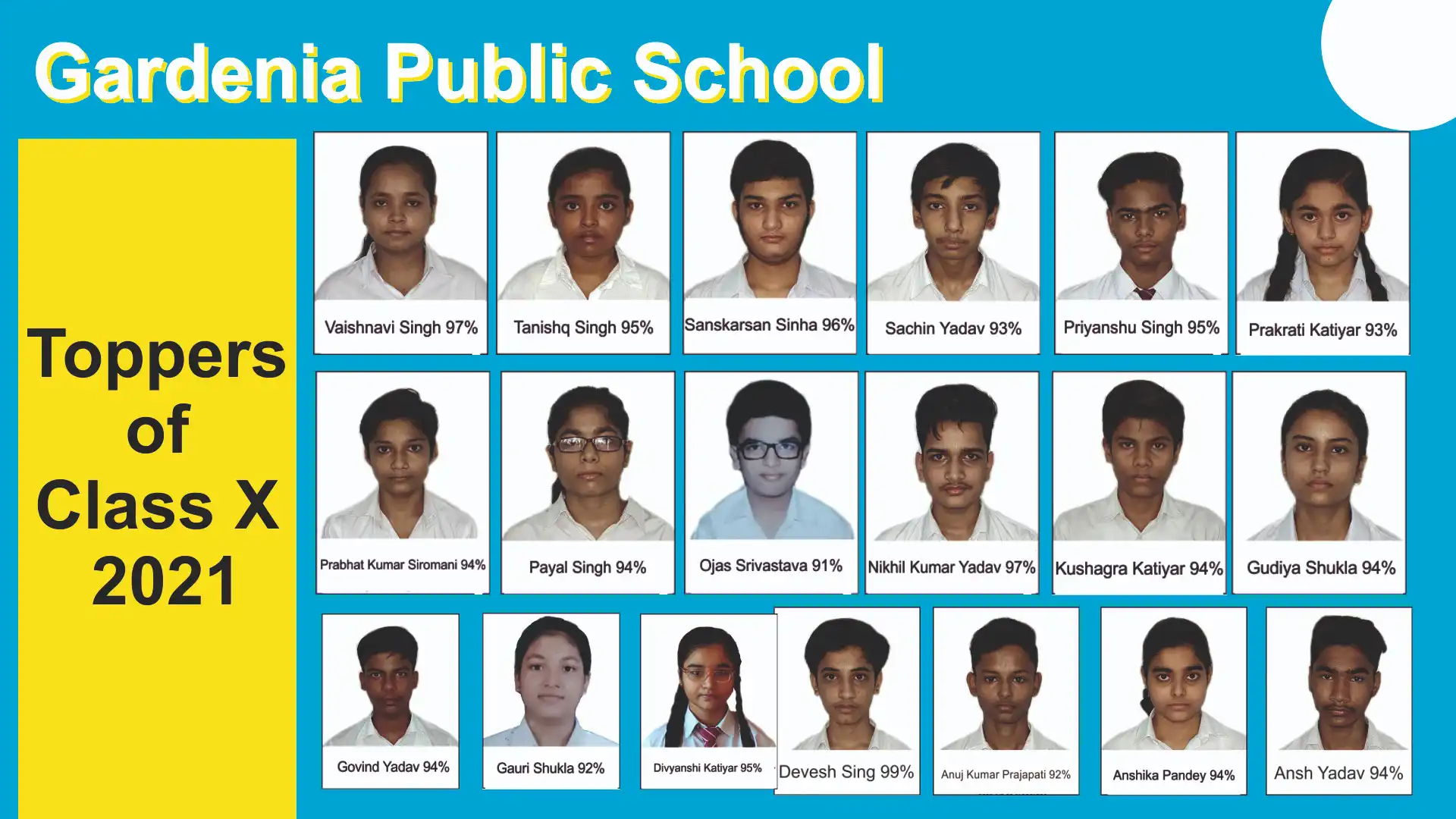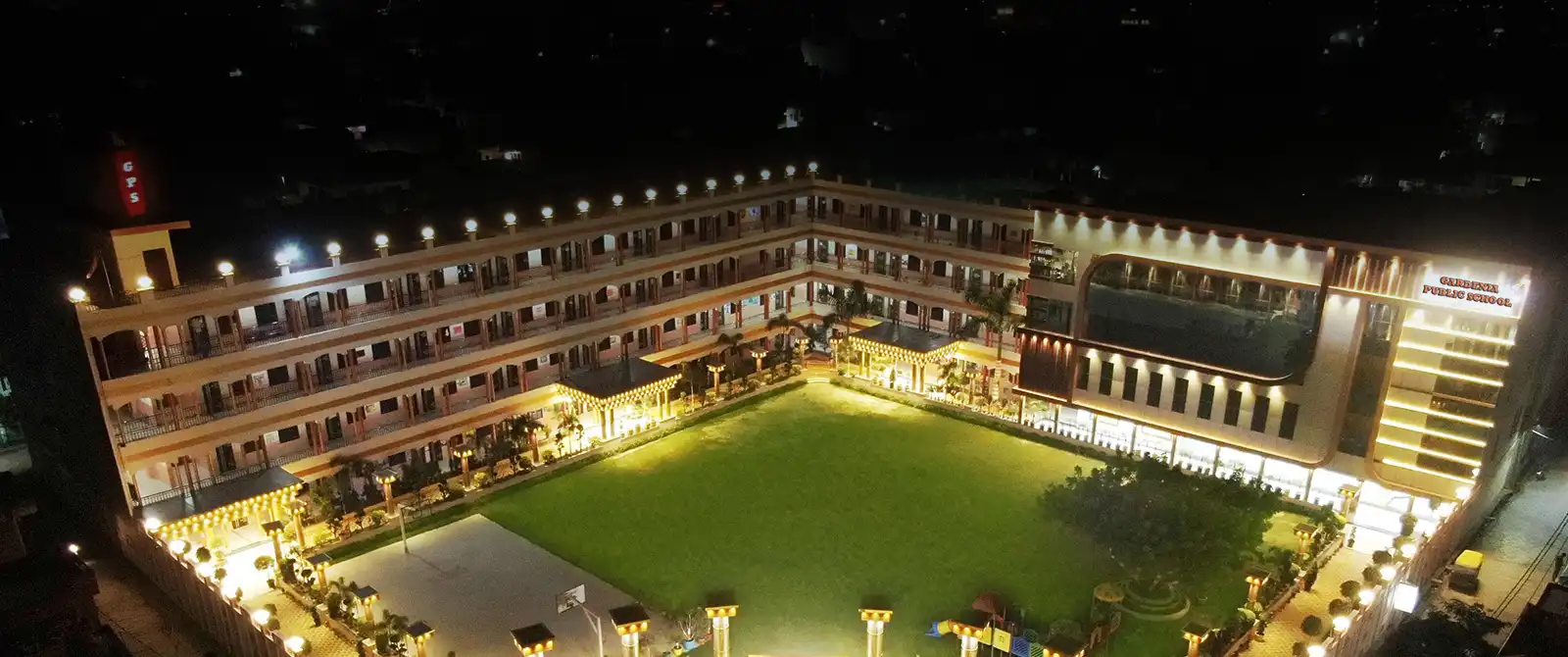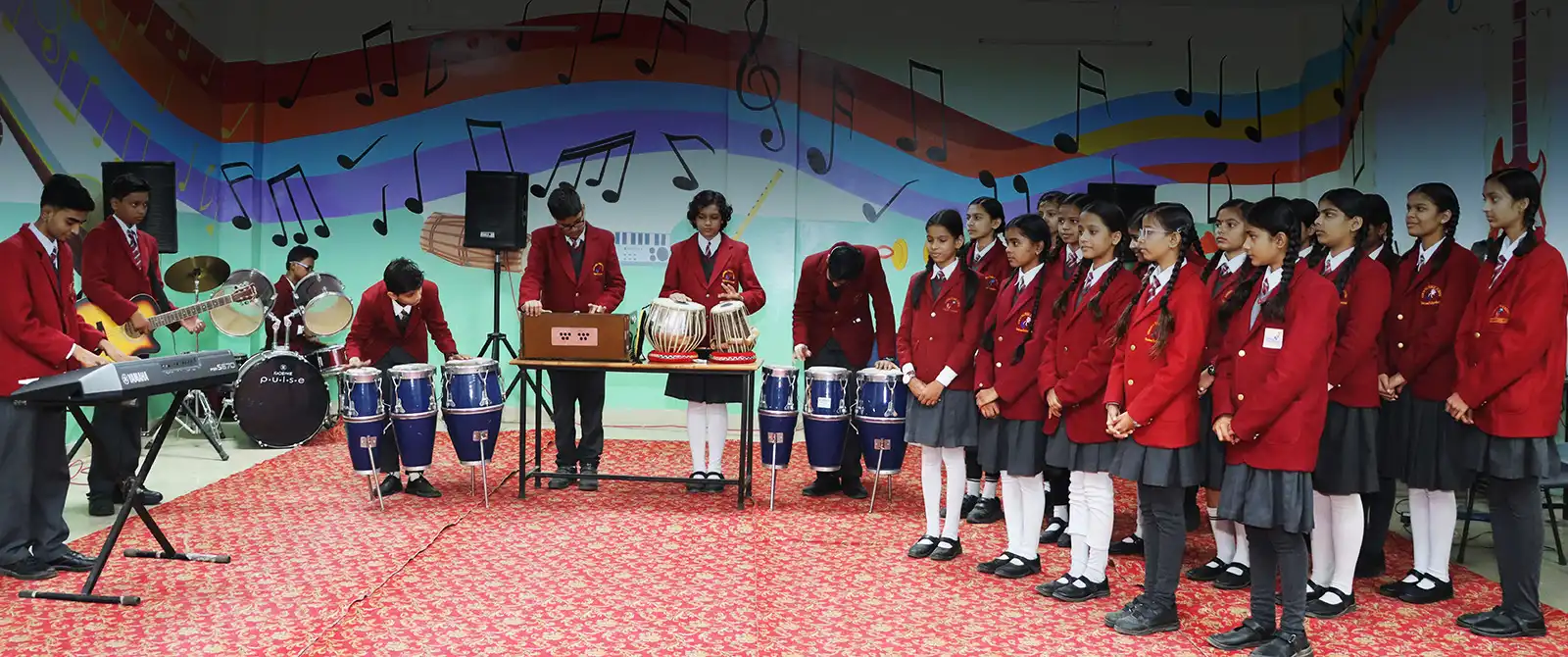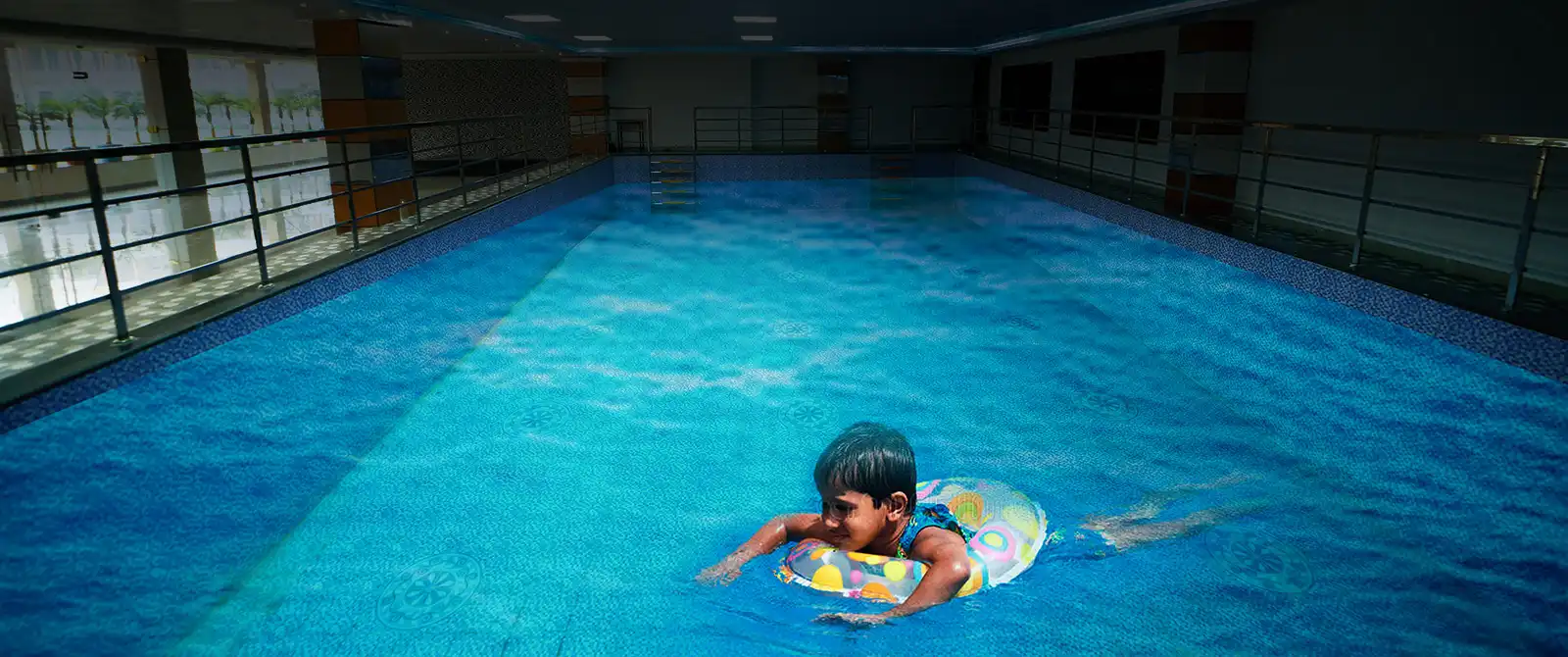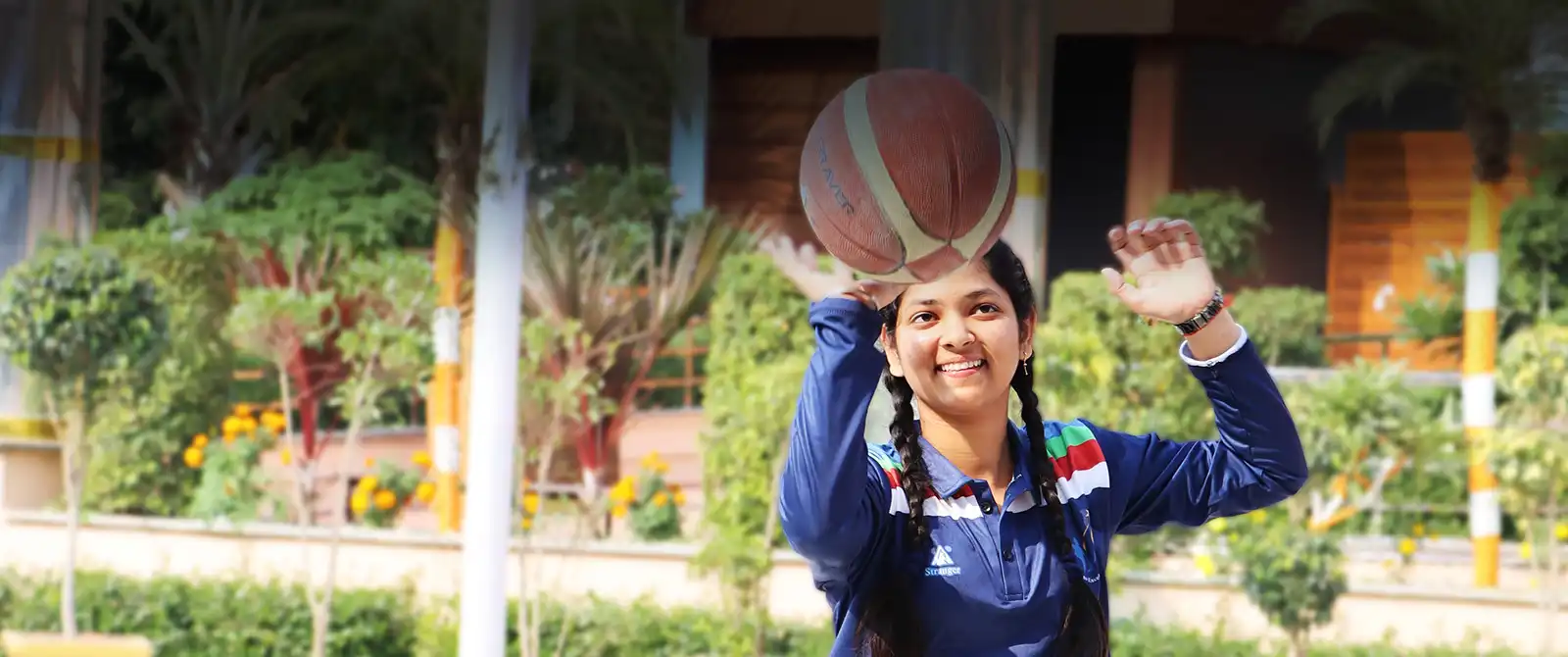School Facilities
NCC
ABOUT NCC - NATIONAL CADET CORPS
The National Cadet Corps is an integral part of the Indian military Cadet Corps with its Headquarters situated in Delhi. It is open to school and college students on Voluntary basis.
NCC is a Tri-Services Organization comprising: The Army, Navy and Air Force. The Cadet are given basic military training in small arms and parades.
The National Cadet Corps came into existence on 16 July 1948, under the 31st NCC Act of 1948, based on recommendation of Pundit H.N. Kunzru Committee.
NCC was Initially confined mainly to the Urban areas. Today NCC has spread to every corner of the country. NCC, has the basic aim of developing the character qualities in the youth to make them good citizen of the society and worthy leaders of the future in every walk of life The youth of the country are the future of India. NCC has Boys and Girls as Cadets.
The National Cadet Corps is the only organization of its kind, which imparts Leadership, Discipline, Integration, Adventure, Military, Physical and Community Development Training.
The Motto of NCC is “Unity and Discipline.
NCC IN GPS KALYANPUR
NCC was introduced in GPSKalyanpur in the year 2016 with an objective of training the youth into disciplined and patriotic citizens.
GPSKalyanpur has successfully taken up NCC for the girls of class VIIIth to Xth in the past years thereby enabling them for a brighter and progressive future. We have 50 girl cadets associated with 17 UP (Girls) BN NCC. During a period of two years, various kinds of physical activities, sports and outdoor camps are conducted in school. On every Friday and Saturday, cadets are trained by the school staff and PI Staff.
During the camps the cadets enjoy different activities such as yoga, drill, public speaking, singing, dancing, etc. To encourage the cadets various cultural programme are organized and the cadets are felicitated with medals.
During the 1965 and 1971 wars with Pakistan, NCC cadets were the second line of defence. They organised camps to assist the ordnance factories, supplying arms and ammunition to the front, and also were used as patrol parties to assist in capturing the enemy Paratroopers. The NCC cadets also worked hand-in-hand with the Civil Defence authorities and actively took part in rescue work and Traffic Control.
After the 1971 Indo-Pak War, the NCC syllabus was revised. Rather than training to becoming the second line of defence, NCC syllabus laid greater stress on developing qualities of leadership and Officer-like qualities. The military training which the NCC cadets received was reduced and greater importance was given to other areas like social service and youth-management.
NCC is not an organisation which is to serve as a ‘feeder’, for the entry of students into the Defence Services. It is an organisation to make them useful citizens of the country, irrespective of the vocation they may choose on completion of their studies.
Hence, NCC activities are only a ‘means to an end’; the ‘end’ being the achievement of the “Aims of NCC” in the context of the students.




